The video game world needs more westerns. The open frontier of the wild west lends itself perfectly to great gameplay, but games rarely capitalize on the freedom and possibilities that a western setting provides. Even less often do games try anything with westerns other than standard action games or shooters, which is why the Desperados series occupies such a unique space. Not only is it one of the few noteworthy westerns of the gaming world, but it’s also one of the few real-time tactics games out there. Desperados III aims to resurrect the classic tactics series, maintaining its focus on hardcore stealth while touching things up for the modern era, and it ultimately succeeds in doing so. Because of its strange pairing of genre and setting, Desperados III offers a unique blend of strategy, characters, and story that cannot be found anywhere else in today’s gaming space.
It’s been a while since the last entry in the Desperados series, and this time, a new development team has climbed into the saddle. Mimimi Games, the team behind 2015’s Shadow Tactics: Blades of the Shogun, helms this prequel to the classic cowboy series, and their influence on the game is immediately apparent from the first mission if you’re familiar with their work. If you’ve played Shadow Tactics, then you know what to expect with Desperados III, but if you haven’t, then allow me to fill you in. Desperados III is a real-time tactics game with a heavy emphasis on stealth. You control a handful of characters, each with their own unique set of abilities, and are tasked with completing various objectives such as reaching certain areas or killing certain enemies.
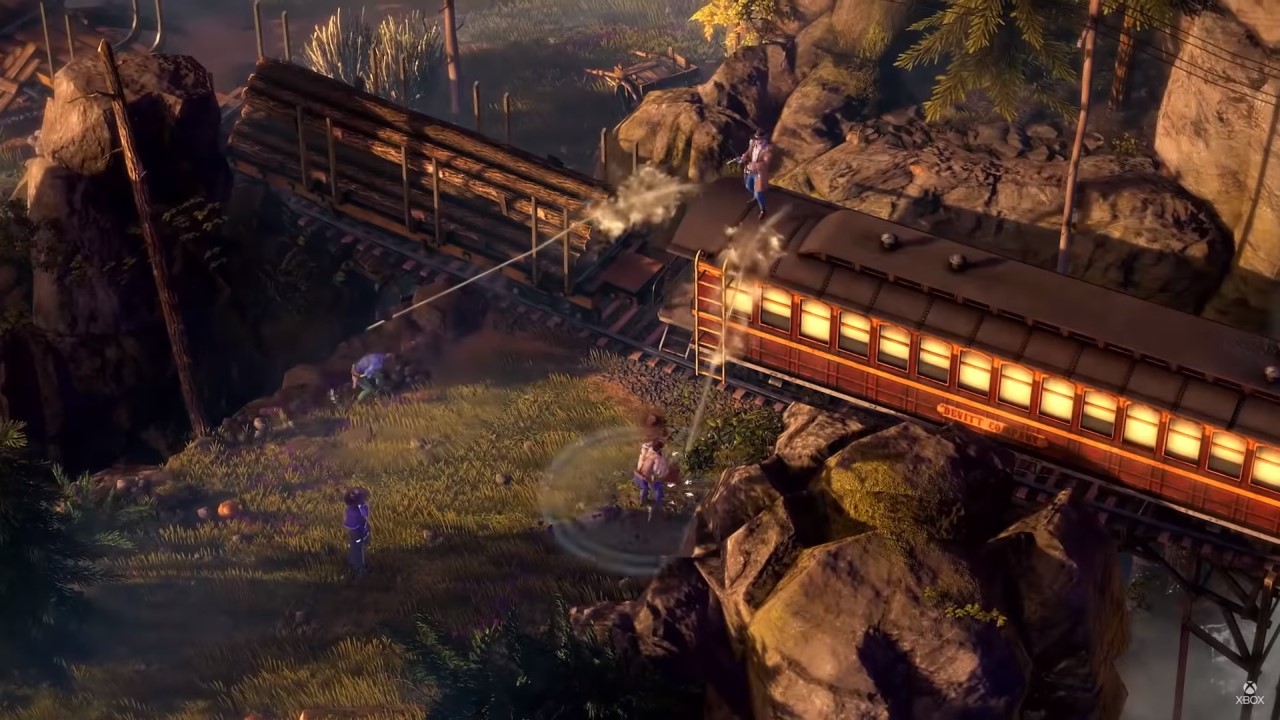
The game is played from an isometric perspective, giving you an overhead view of your characters, the enemies, and environmental objects. Everything on the screen at any given time in Desperados III is important, and using the environment to your advantage is the key to victory. Experimentation is not just encouraged, but straight up required to successfully get through the game’s lengthy levels. In other strategy/tactics games, save-scumming is always an option, but it’s almost never the intended way to play. In Desperados III, saving is everything. The game flat out tells you to make several frequent saves and to reload if anything goes wrong. In fact, if you go too long without saving your game, a giant save reminder will appear on screen with a timer counting the seconds since your last save.
While it might seem unnecessary at first to make as many saves as the game tells you, you’ll quickly learn that you need to incorporate the save system into your strategies to succeed in Desperados III. The game is incredibly brutal, but I wouldn’t call it punishing. A single mistake can mean death for any of your characters, and all it takes is one view cone unaccounted for or one gunshot that was a tad too loud to bring a plan crashing down. However, there’s no penalty for saving as often as you want, so you never really lose too much progress as long as you make liberal use of the quick save button. You’re never punished for trying things out because you can always have a save state to revert back to if everything goes wrong. This is the main reason why Desperados III works, and why it’s a breath of fresh air for the tactics genre.
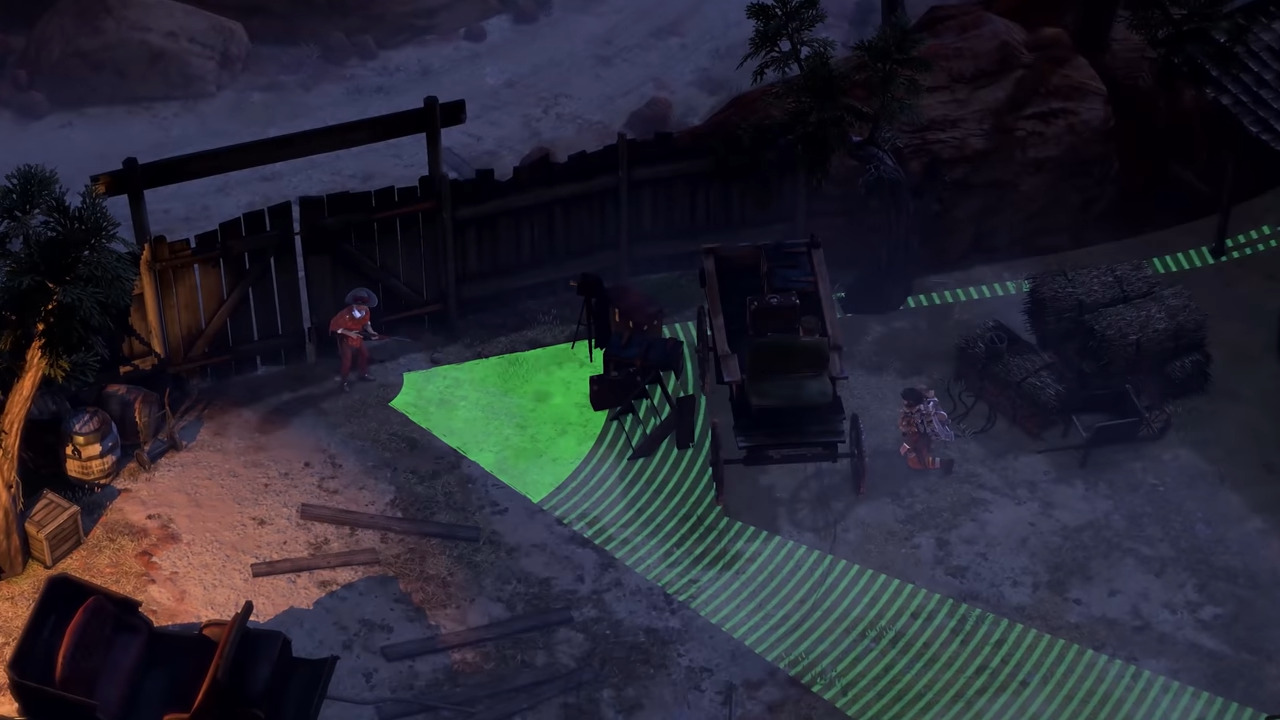
Desperados III is as much a puzzle game as it is a tactics game. Each enemy is deadly in their own right, and groups of patrolling foes require you to think ahead and plan out your actions in order to quietly take them down. Luring and distracting guards for isolated takedowns is a common occurrence in Desperados III, but varied enemy types throw all sorts of wrenches into the mix. Some enemies refuse to leave their posts to investigate distractions, while others can only be stealth killed by certain characters. A disguised character can easily sneak past enemy lines, but a select few enemy archetypes can see right through your character’s ruse. Dealing with advanced enemy types is tough on its own, but when Desperados III combines several enemy types in a single area, you’re forced to use each and every aspect of your arsenal to get by. Each level ends up acting as a series of self-contained puzzles that all string together to form one large mission.
You’ll often have control of multiple characters at once in Desperados III, and there will be times where you’ll need to orchestrate a perfect plan where each character carries out actions simultaneously in order to get through an area. While the game typically takes place in real-time, you can enter Showdown Mode to pause everything and queue up actions for each of your characters to perform at the same time. This makes dual takedowns, synchronized shots, and other fancy techniques a breeze, and combining each character’s unique abilities to pull off a well thought out plan is always immensely satisfying.
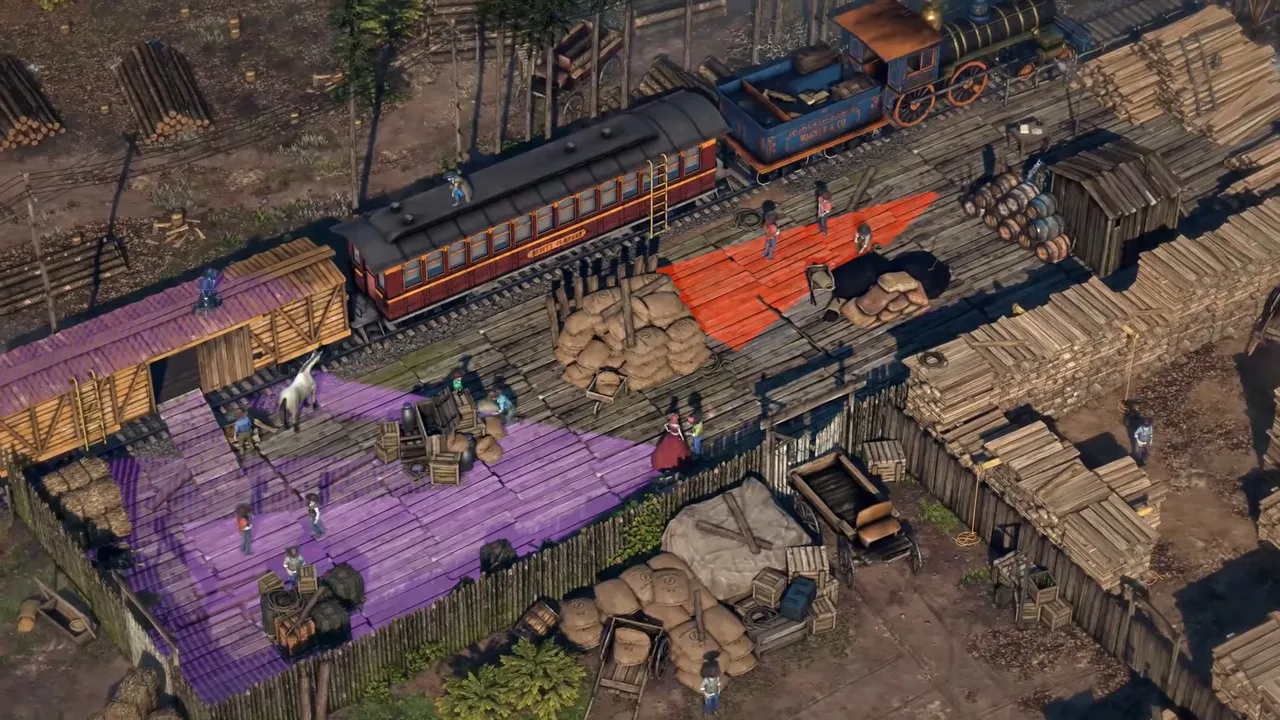
The most surprising aspect of Desperados III, however, is its excellent level design. Each mission features numerous hiding places and things to interact with in the environment, and as such, there never feels like there’s only one set method to complete an objective. Also, just when you think you’ve seen everything Desperados III has to offer, it drops a new mechanic on you that can drastically alter your strategies and playstyles. Something as simple as the cover of nightfall or the presence of prominent footsteps in mud force you to find creative solutions to brand-new problems. These new mechanics also introduce new choices into the fray. In a nighttime level early in the game, for example, you can pick up torches to kill enemies standing in oil puddles, but the character carrying the torch cannot hide in bushes without snuffing out the torch and is visible from much further away than normal. On paper, these are small additions and tweaks, but in practice, they help to give each of Desperados III’s levels a unique sense of identity.
The real shining examples of fantastic level design in Desperados III, however, are the levels featuring Civil Zones. Civil Zones are neutral areas where your characters can freely walk around so long as they don’t perform any suspicious actions. These levels essentially transform Desperados III into an isometric version of Hitman, allowing your party to explore public places with the ultimate goal of accomplishing your objective as discreetly as possible. An early level in the game sends you to a typical western town, but there are four targets you need to kill in any way you choose. Exploring and gathering intel to locate possible entrances to guarded areas or other opportunities is great, and the feeling is only amplified by the Desperados setting. There’s just something about moseying through town and hearing rumors from the folks in front of the saloon.
Desperados III also features a surprisingly compelling story, especially for a game of its genre. The stealth tactics gameplay still takes center stage, but missions are punctuated by cutscenes with great dialogue. It’s no Red Dead Redemption, but Desperados III still manages to tell a fun western story about revenge. Each of the main playable characters is likable, and their banter both during cutscenes and during gameplay brought a smile to my face more than once. The game also feels incredibly polished, with detailed environments and clean animations thanks to motion capture. The story and presentation aren’t enough to draw in those that aren’t already interested in this type of game, but they were definitely enough to motivate me to push through difficult areas to see what would happen next.

Unfortunately, Desperados III is not without its flaws. Even though the missions are enjoyable, they start to drag after a while. You can spend a lot of time sneaking around and reloading saves in each of the game’s missions, and the pacing can slow to a crawl during some of the longer ones. After each mission, there’s a replay screen that fast-forwards through your movement and actions from the entire mission. While this initially begins as a nice reward for finishing a level, it quickly transitions into a realization of just how long you spent in a given level to accomplish very little in the grand scheme of things. New ideas are constantly introduced throughout the campaign, but they’re drawn out for much longer than they should be and large portions of missions end up feeling like padding.
There’s also the issue of controls. Like most strategy/tactics games, Desperados III plays best with a keyboard and mouse. I played the entire game on an Xbox One, and although I eventually learned the control scheme, the controller never felt natural for Desperados III. Playing with a controller on a console is still fine, but using a keyboard and mouse on PC is absolutely the best way to play this game. Constantly panning the camera around, swapping abilities, and switching controlled characters always felt at least a little awkward with a controller. Desperados III features fully customizable controls regardless of your input device, though, so the control scheme can be tuned to your liking to alleviate some of the awkwardness.
Despite a few (relatively minor) complaints, Desperados III fully succeeds in reviving the Desperados series for a new era. The western setting is incredibly unique for the genre, and it allows Desperados III to tell an interesting story with likable characters and awesome locales. Even though things can start to drag after a while, the level design and stealth gameplay are some of the best in the genre, and new mechanics are constantly thrown into the mix in an attempt to keep things feeling fresh. The save system is extremely liberating, allowing for experimentation to an unparalleled degree without fear of consequences. Desperados III is definitely worth seeing through to the end, whether it be for the fun western tale it tells or the deep tactical stealth gameplay it offers.


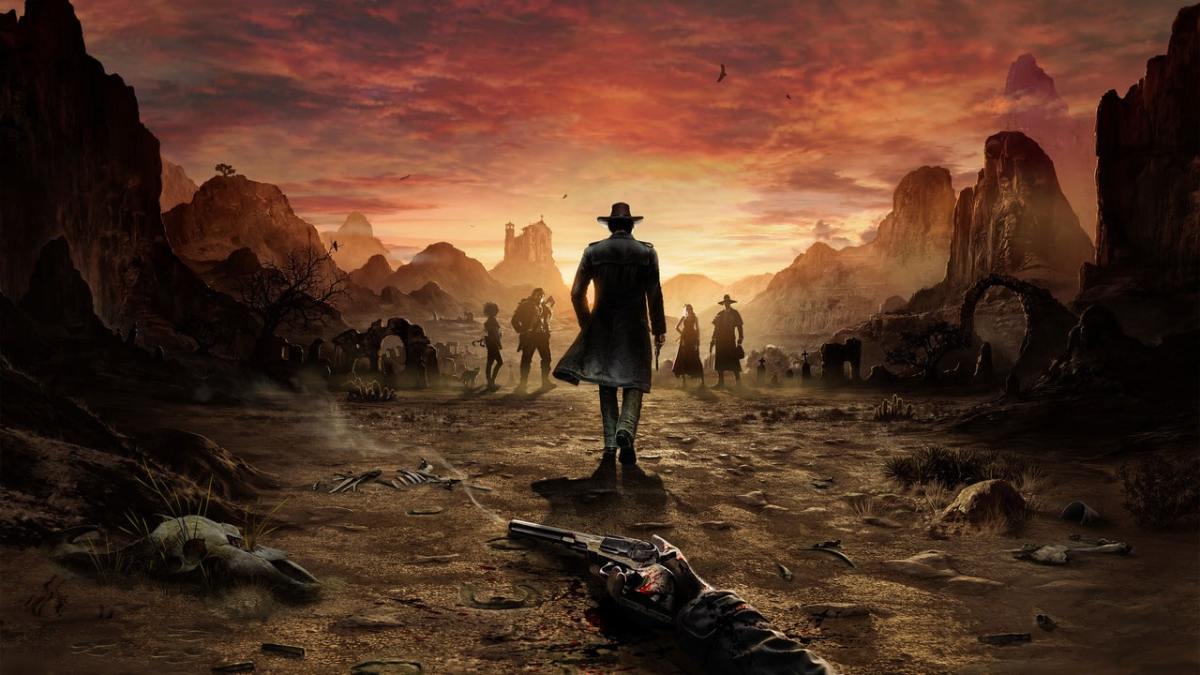
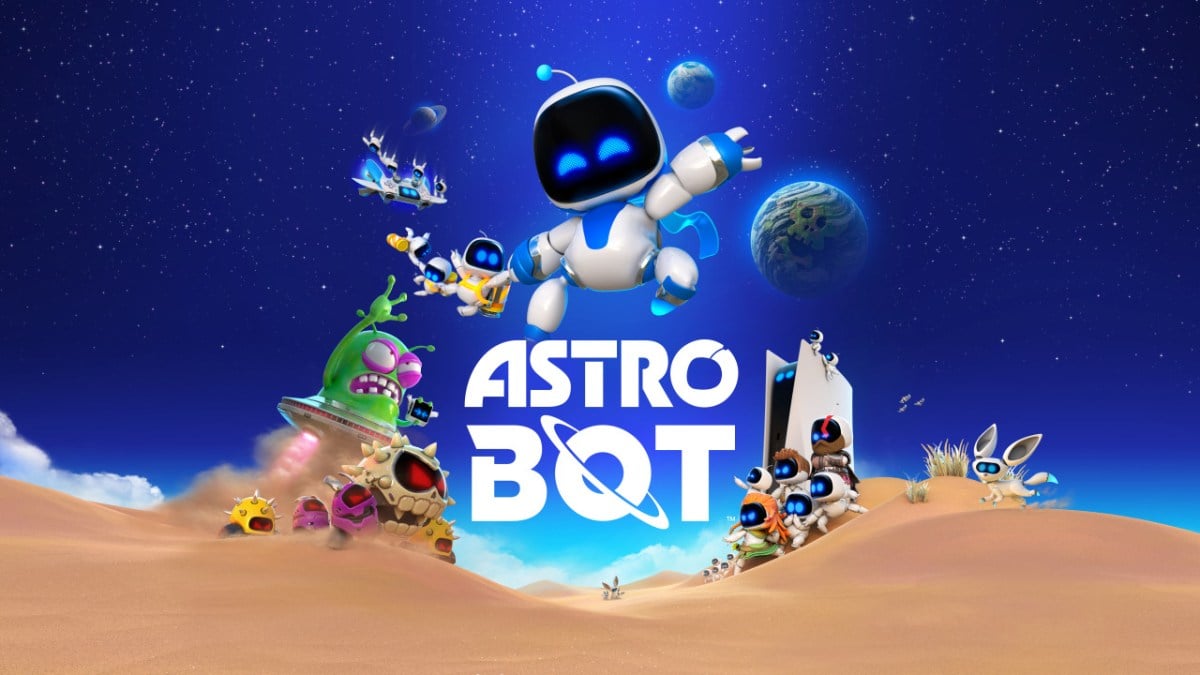

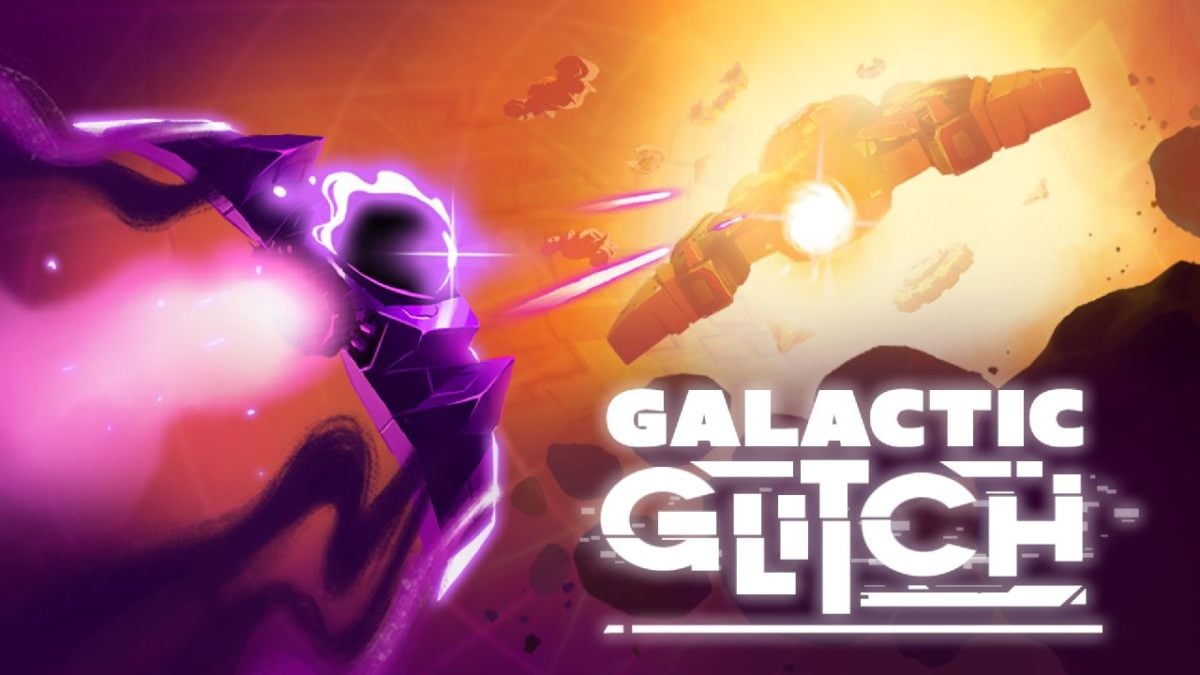
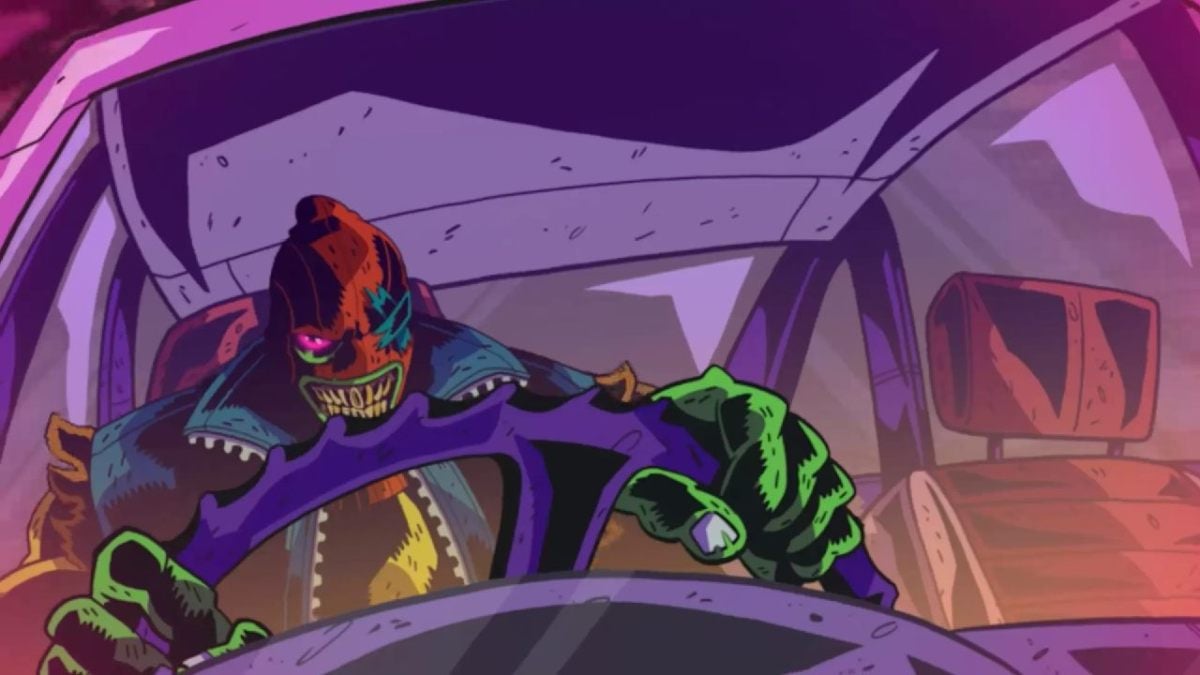
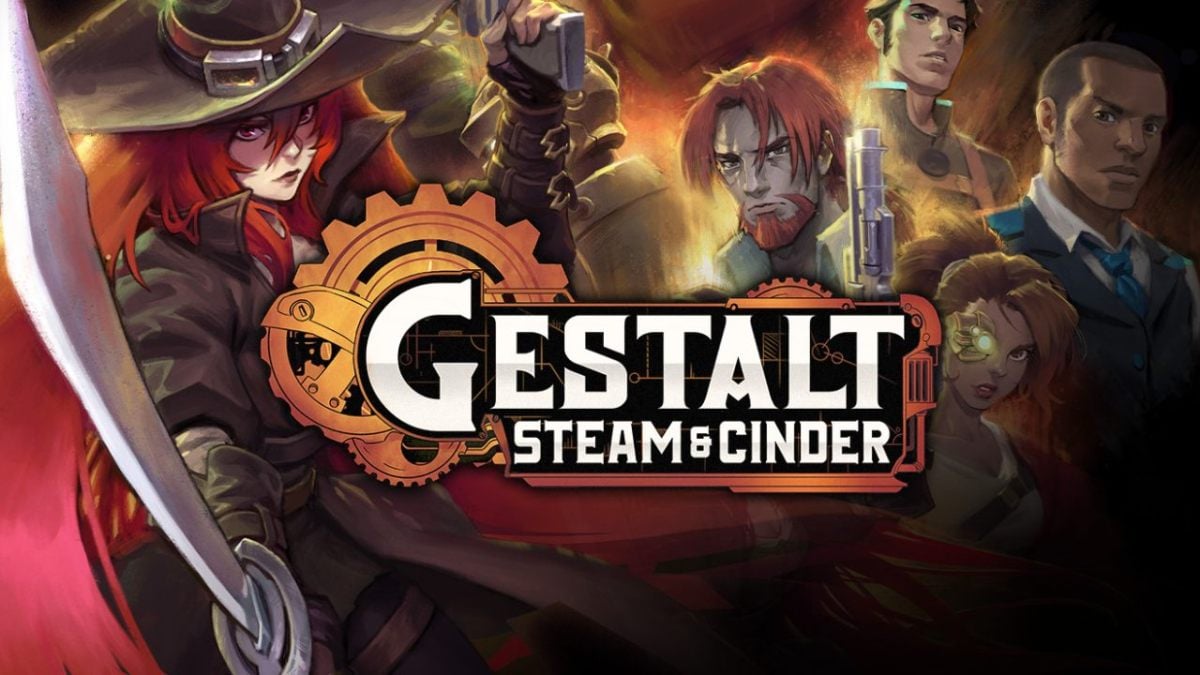
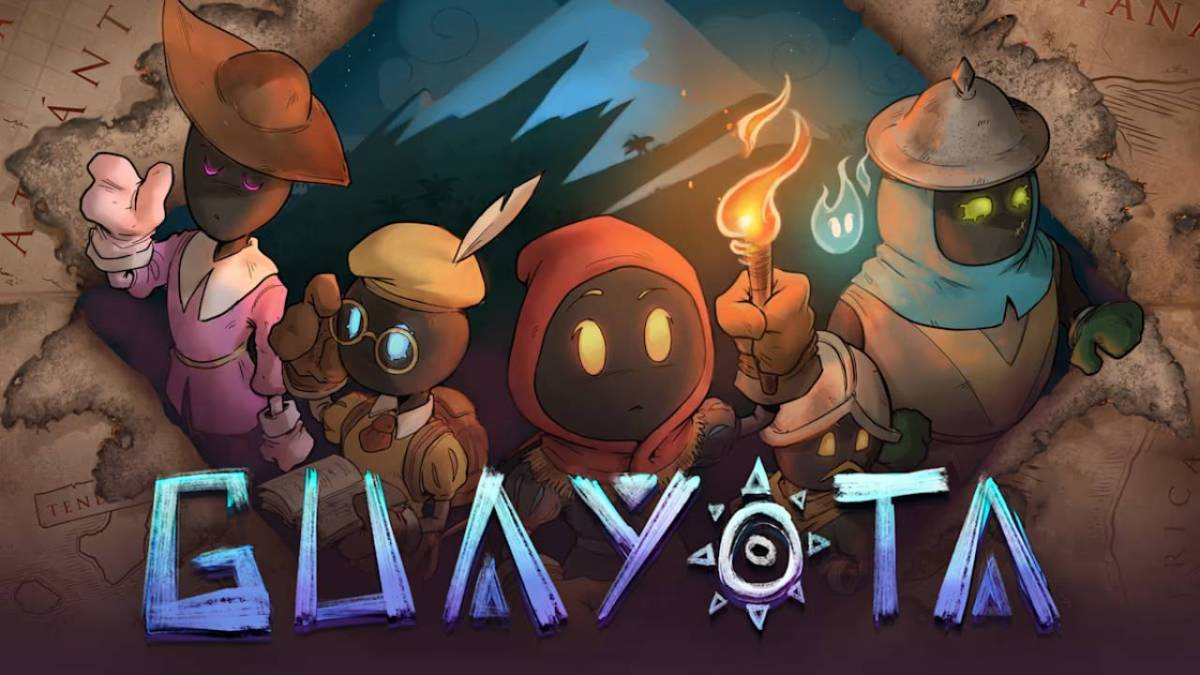
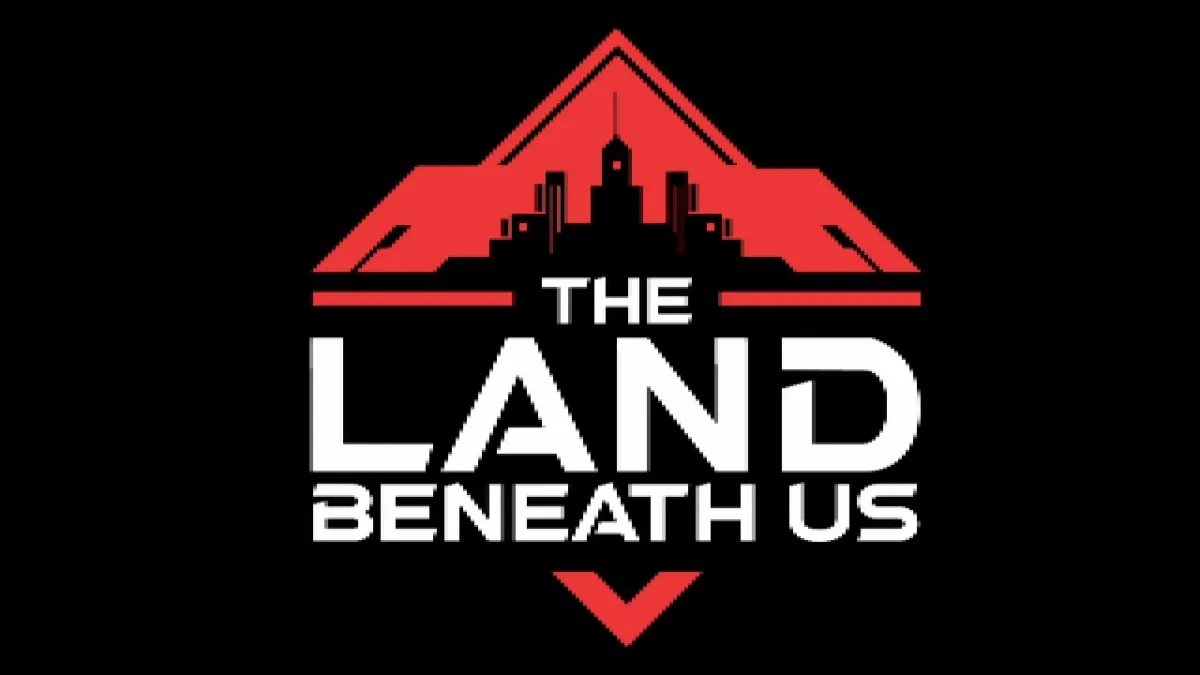


Published: Jun 12, 2020 09:59 am